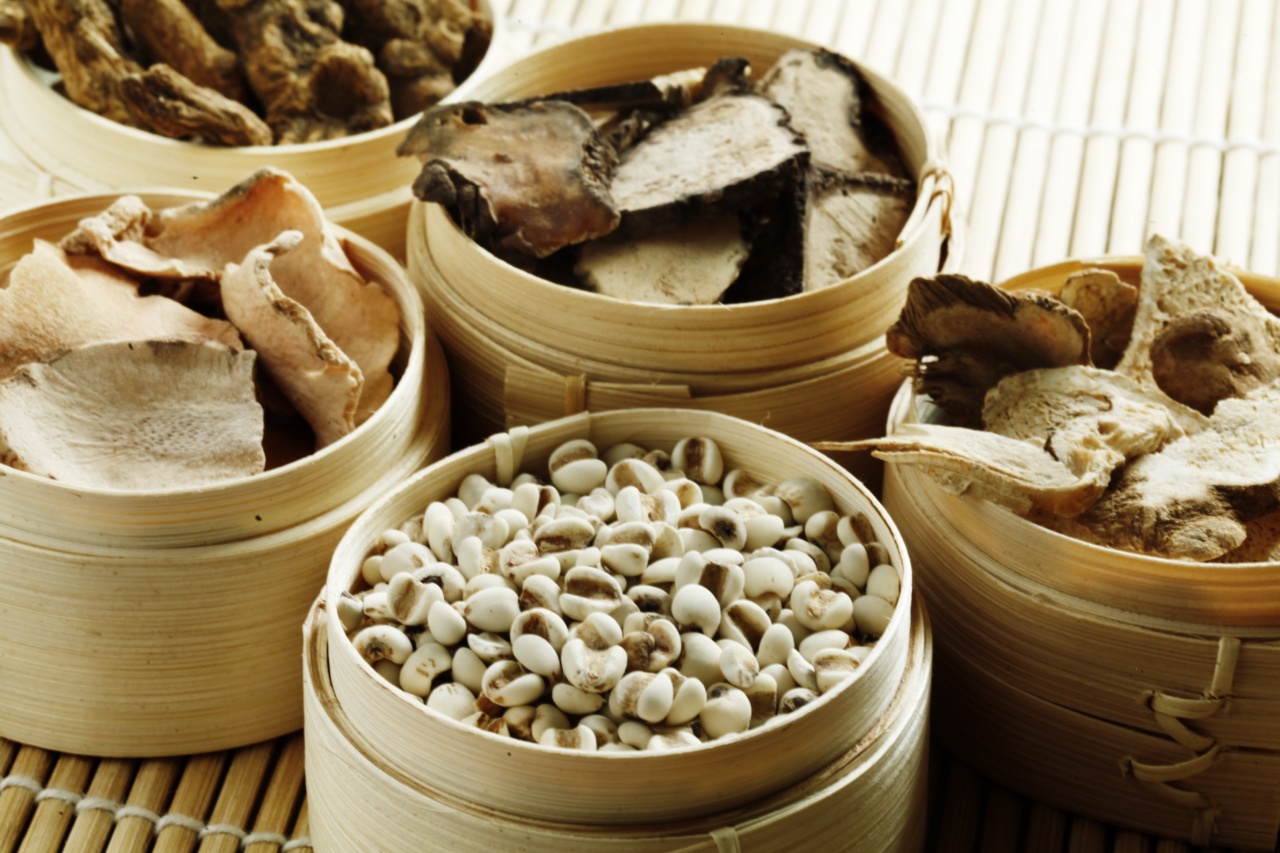The heart is a vital organ in the body that plays a crucial role in pumping blood and supplying oxygen and nutrients to all the other organs. Maintaining heart health is essential for overall well-being.
While conventional medicine provides various treatment options for heart conditions, herbal remedies can also have a positive impact on heart health. In this article, we will explore some of the popular herbal remedies known for their benefits in maintaining a healthy heart.
Hawthorn
Hawthorn (Crataegus spp.) is a herb that has been traditionally used for centuries to support heart health.
It contains flavonoids, antioxidants, and other beneficial compounds that help improve blood flow, promote healthy blood pressure levels, and support cardiovascular function. Hawthorn can be consumed as a tea, tonic, or in capsule form.
Ginger
Ginger (Zingiber officinale) is a well-known herb used for its culinary and medicinal properties. It has been used for centuries to promote heart health and reduce the risk of heart-related issues.
Ginger has anti-inflammatory effects, helps lower cholesterol levels, and supports healthy blood circulation. It can be consumed as fresh ginger, ginger tea, or in supplement form.
Ginkgo Biloba
Ginkgo Biloba is a tree native to China that has been used in traditional Chinese medicine for thousands of years. It is known for its vasodilatory effects, which help improve blood circulation.
Ginkgo Biloba also has antioxidant properties that protect the heart from oxidative stress and inflammation. This herb can be taken in the form of capsules, extracts, or teas.
Garlic
Garlic (Allium sativum) is a popular herb that not only adds flavor to dishes but also offers numerous health benefits. It has been used traditionally to support heart health and reduce the risk of cardiovascular diseases.
Garlic helps lower blood pressure, cholesterol levels, and prevents the formation of blood clots. Consuming raw garlic or taking aged garlic extract supplements can be beneficial for heart health.
Turmeric
Turmeric (Curcuma longa) is a spice commonly used in Indian cuisine and is well-known for its anti-inflammatory properties.
Curcumin, the active compound in turmeric, has been found to protect the heart by reducing inflammation, improving blood flow, and preventing the build-up of plaque in the arteries. To harness its benefits, turmeric can be added to dishes or consumed as a supplement.
Lemon Balm
Lemon balm (Melissa officinalis) is a calming herb that helps reduce stress and anxiety, which can contribute to heart problems. The herb has antioxidant properties and may aid in reducing oxidative stress on the heart.
Lemon balm can be consumed as a tea or taken as a supplement for its heart-protective effects.
Hibiscus
Hibiscus (Hibiscus sabdariffa) is a flowering plant known for its vibrant red flowers and tangy taste. It has long been used in traditional medicine to support heart health.
Research has shown that hibiscus may help lower blood pressure, cholesterol levels, and reduce the risk of heart diseases. Hibiscus tea, made from the dried flowers, is a popular way to consume this herb.
Arjuna
Arjuna (Terminalia arjuna) is a tree native to India and has been used for centuries in Ayurvedic medicine for heart health.
It contains antioxidants and has been found to improve cardiovascular function, reduce cholesterol levels, and enhance overall heart health. Arjuna supplements are available in the form of capsules or powders.
Bilberry
Bilberry (Vaccinium myrtillus) is a shrub native to Europe and is closely related to blueberries. It is rich in antioxidants called anthocyanins, which help strengthen and protect the blood vessels, including those in the heart.
Bilberry also improves blood circulation and may support healthy cholesterol levels. Consuming fresh bilberries or taking bilberry supplements can be beneficial for heart health.
Green Tea
Green tea is a popular beverage known for its numerous health benefits. It is rich in catechins, antioxidants that have been associated with improved heart health.
Green tea helps lower cholesterol levels, supports healthy blood pressure, and may reduce the risk of heart disease. Drinking 2-3 cups of green tea daily can provide these heart-protective benefits.
Conclusion
Herbal remedies can be a valuable addition to your heart health regimen. However, it is important to remember that herbal remedies should not replace prescribed medications without consulting a healthcare professional.
Incorporating these herbal remedies into a balanced lifestyle that includes a nutritious diet, regular exercise, and stress management can contribute to enhanced heart health.





























